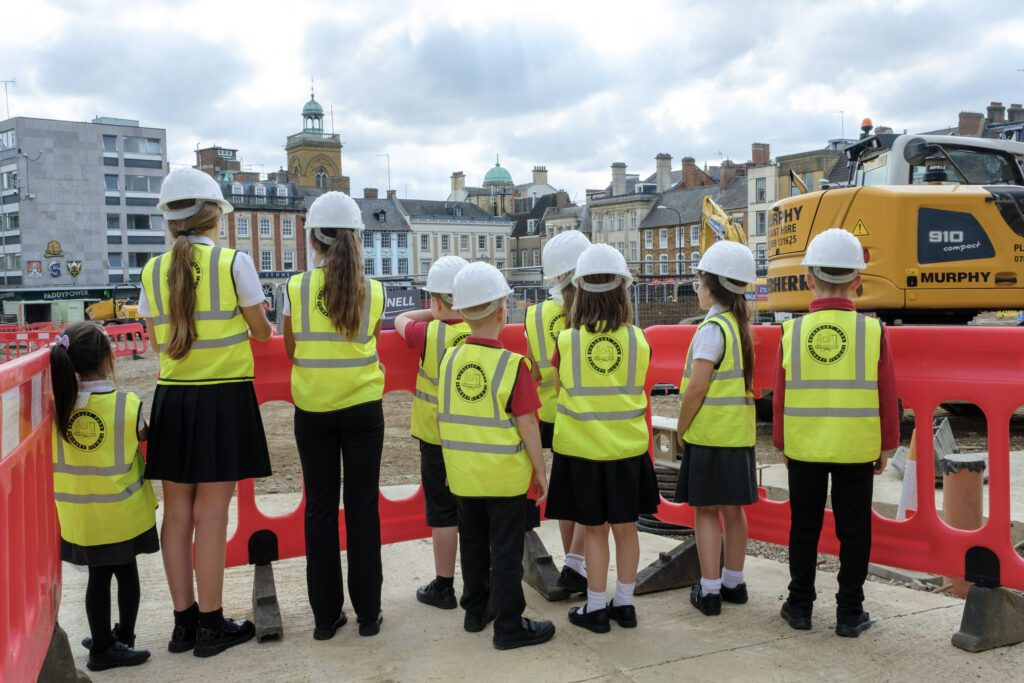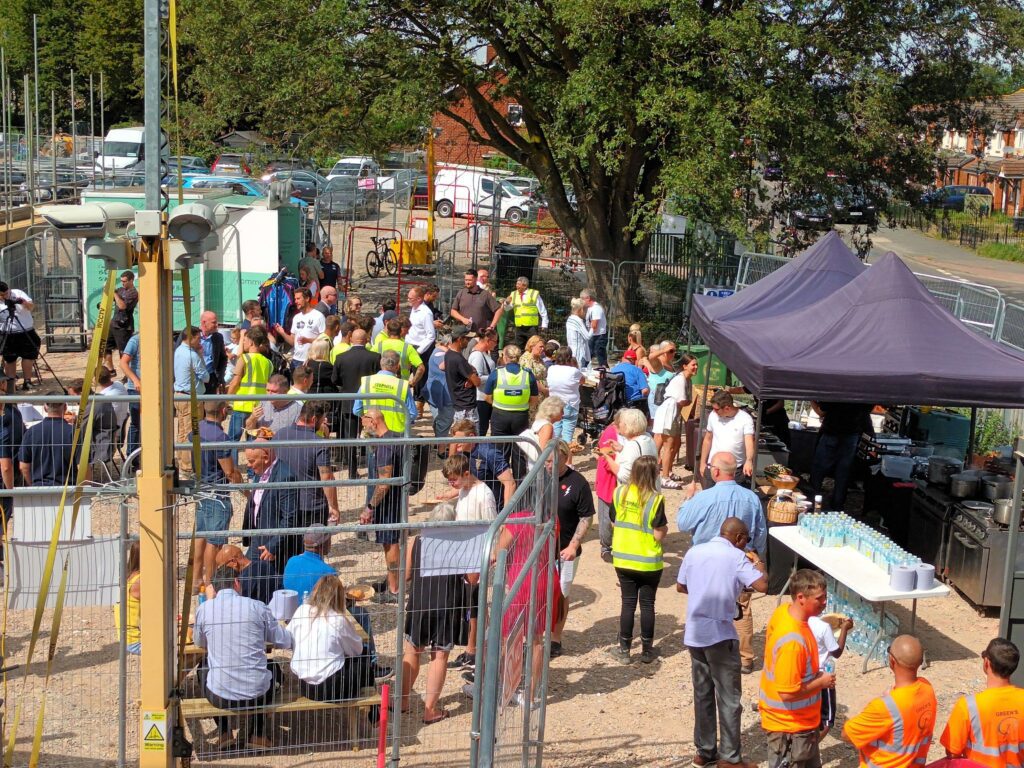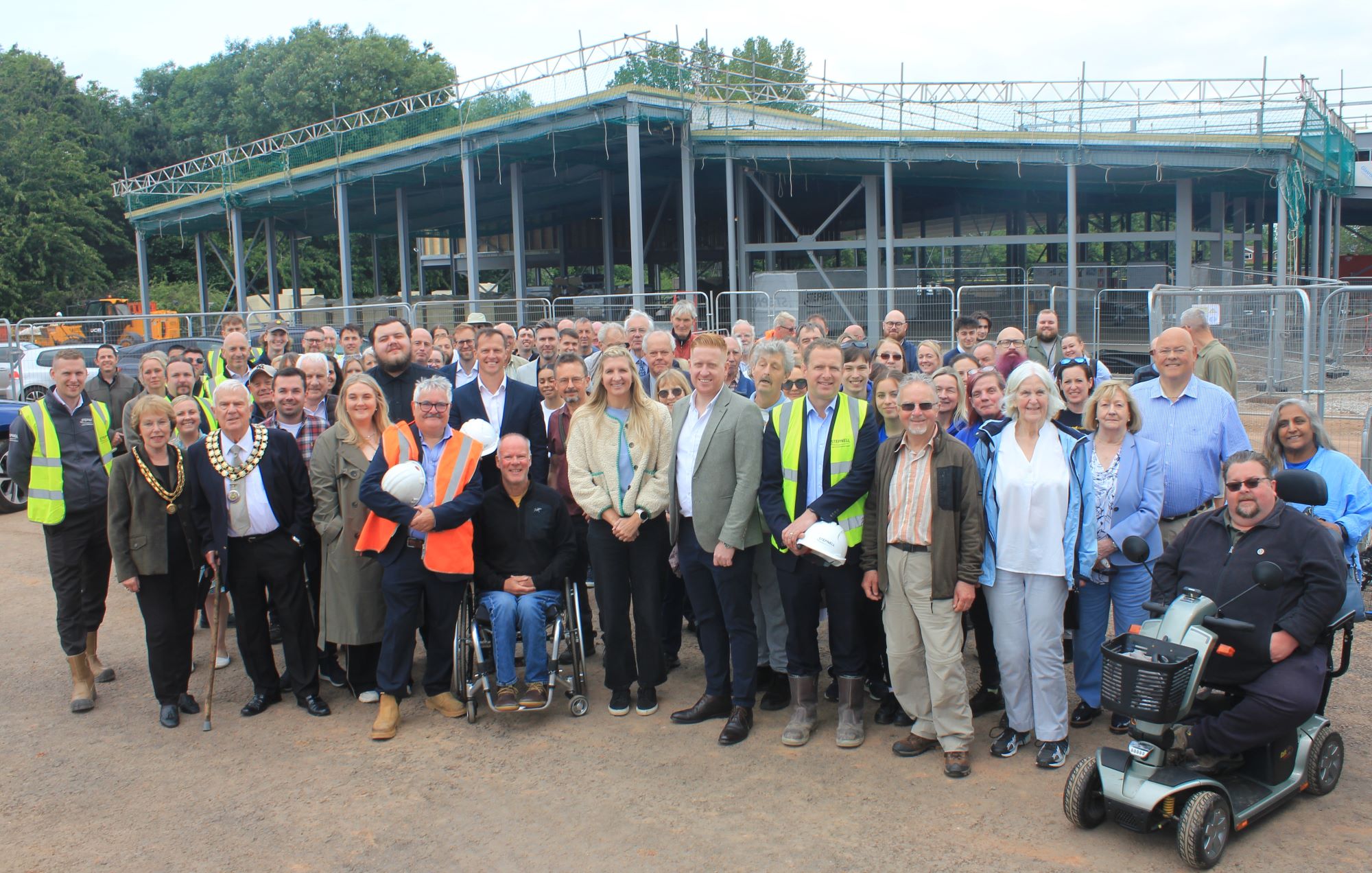Category: Frameworks
As we continue to see an increase in projects tendered through frameworks in many areas of the built environment, there are plenty of benefits of forging longstanding relationships with framework providers.
This is a topic our preconstruction and framework director Lewis Archibald recently gave his thoughts on to top industry publication, Public Sector Build Journal.
In this piece, Lewis talks us through his belief that, as the principles of the Construction Playbook become more ingrained across the industry, the project improvement, reduced costs, better value and greater community involvement brought about by these longstanding relationships mean that this approach will be critical. Lewis’ full piece can be read below.
It’s now been three years since the first iteration of the Construction Playbook was launched in the runup to Christmas in 2020. That initial document has since been updated and supplemented with a companion piece in “Constructing the Gold Standard”, but the 14 key policies that it set out for how the government should deliver public works projects and programmes have become the commandments by which public sector procurement is living.
With the extensive support that frameworks now provide, established relationships and communication is beyond valuable when companies are trying to procure in line with best value, sustainability measures and social value delivery, all of which are particularly pertinent in the current socio-economic climate.
SMOOTHING THE PROCESS
Far from being the red tape they were once perceived as being, frameworks have actually engendered the kind of collaborative approaches and early dialogue that many used to believe they prevented. Naturally, there are huge benefits for contractors and consultants in having strong and longstanding relationships with framework providers, but the positives run both ways. Having open two-way dialogue between the framework and the supplier means that intelligence and experience can be shared, which in turn gets passed down to the clients.
We are regularly having conversations with framework professionals about whether single or two-stage procurement is the right approach for a given project, or which types of consultants need to be engaged at which stage in the process for a specific style of build. By having these conversations and enabling decisions to be made much earlier in the process, it’s a win-win for the client and the framework, as they are empowered by knowledge shared by subject matter experts.
This makes the whole process a lot smoother for all concerned and can help avoid situations where clients end up taking the wrong procurement route and find themselves in a tangle. For example, a client may take what they perceive as the path of least resistance with a single stage tender on a design and build refurbishment, only to find that whoever the chosen contractor partner is will simply price the risk that those kinds of projects are loaded with. However, by engaging earlier and having those conversations around procurement routes, they would find that two-stage would have been the better option as it allows the contractor to assess the risk, look at options for mitigating it and find a best value solution.
SOCIAL VALUE
These strong relationships also prove instrumental when it comes to social value delivery – a key tenet of any public sector project. As well as helping clients make the most informed decisions in respect to the project team of contractor and consultants, proper engagement at an early stage means that social value action plans can start to coalesce in a way that means it can be embedded from day one of the project.
If a contractor is in a position where it can liaise with both the key stakeholders for social value both within and outside the client organisation, they can be in position to ensure that processes are in place to ensure those stakeholders are involved throughout the project and aren’t passed over when it comes to important decisions.


This kind of approach is essential to delivering true social value. If the contractor is kept at arm’s length until a later stage, the timescales for everything are condensed, and this can lead to less focus being placed on social value at the expense of project delivery.
However, if that contractor has the change to actually engage with the people that that are going to benefit from the project, they are able to work out what can make a tangible difference and deliver longer-term improvements. This is far more beneficial than rushed initiatives that may have a short-term impact but don’t leave the lasting legacy that public sector schemes hang their hats on.
IN IT TO WIN IT
Having been in the construction industry for more than 30 years, I’ve seen the way public sector procurement has evolved, and frameworks have been a huge part of this.
Public sector procurement has evolved in the last decade and a half – in part driven by the likes of the Construction Playbook – firmly towards a “framework first” approach. Those looking to be involved in public sector projects now understand that clients are looking for added value around the procurement of their projects and that frameworks are the ideal platform to deliver this, backed up by measurable targets that are enforced by framework providers to give assurance on the client’s behalf.
As well as opening up a wider range of options for public sector clients and – consequently – a wider pool of potential projects for contractors and consultants, the benefits of more transparent procurement are clear to see, and contractors need to understand the added value approach when it comes to frameworks if they are to have success in the public sector.




